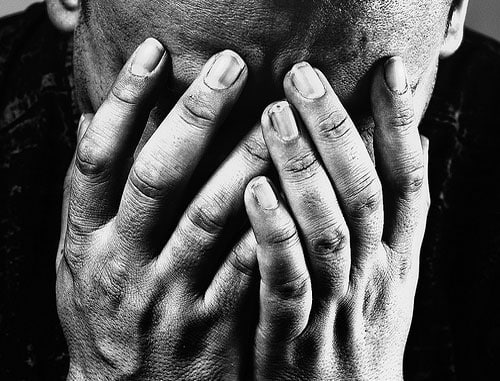I’ve thought a lot about grief.
When I was 15, I lost my maternal grandfather with whom I was very close. I woke up at approximately the time of his death — somewhere around 2:30-something in the morning — and could not go back to sleep. The faith in which I was raised had very organized rituals around death and grieving, but it didn’t help at the time.
And I still grieve his loss to this day.
In the past few years, I’ve lost a number of childhood friends to different cancers. In the past few weeks, a dear friend who was suffering from Ehlers Danlos Syndrome (EDS) and its related pain and destruction chose to apply for Canada’s version of physician-assisted suicide. I don’t blame her; she’s been under 100 lbs. from related gastroparesis for years in addition to dealing with the physical pain, organ failure, and so much more. Then, this week, a friend of my family who was like a second mother to me also died after struggling decades with another connective tissue disorder, systemic scleroderma.
I’m grieving the best way I know how: writing about it, distracting myself, humor and more distraction.
A lot of distraction.
I can’t even tweet about the hurricanes, to tell you the truth, because for the most part it brings back some painful memories that I try to not engage. I’ve been sticking with health news and a few funny things here and there.
I’m terrible at grieving.
Then again, I don’t think anyone can say they are “good at” grieving. We have this idea that grief comes in neat emotions: sadness, anger, denial, bargaining and then we come out the other side. Or something like that. There’s variations. Hell, even corporations have gotten in on the “grief” curve and adapted it to their purposes.
The thing is, grief is messy. Emotion comes how it comes: sometimes all at once, sometimes delayed.
When I was officially diagnosed with EDS, after four decades of living with symptoms of the disease and its related cruelty, I spent the first few weeks elated. I had answers. I had answers after decades of begging people to listen to me, to stop telling me it was all in my head. Then when I came back to my regular health care system with a list of recommendations from the geneticist/EDS specialist but couldn’t get the help I needed because doctors here either disagreed or saw me as a loose confederation of organs, the anger began to set in. The anger lasted months. And months.
And months.
Until it became all consuming.
That’s when I started exploring grief. I bought fresh copies of “On Death and Dying” and “Grief and Grieving,” by the late Elizabeth Kubler-Ross, and I went to an intensive therapy program. I tried to write a book about grieving diagnoses, be they chronic, terminal or both.
It helped personally, but I couldn’t finish my book about grief. (I blame this on the fact that I’ve never written an article more than a few thousand words. A book? Inconceivable!)
Now that I’m personally grieving and that so many are grieving following almost three years of a destructive pandemic, two terrible back-to-back hurricanes, the war in Ukraine, the never-ending civil war in Syria, the proxy war no one likes to talk about in Yemen, and so much more death and injustice around the world that I’m not even listing here, I thought it was time to try writing about grief again.
But all I can come up with is this:
Your grief is valid.
Your anger, confusion, sadness, bargaining, denial, crude humor, tears, awkward laughter and however you are muddling through it are valid.
Feeling it all at once is valid. Not feeling it for a while is valid. Distraction so you don’t feel overwhelmed is valid. Doing the next right thing, proverbially putting one foot in front of the other to get through the day and just breathing is valid.
Just surviving is valid.
Your grief is valid.
You are valid.
You are valid.
